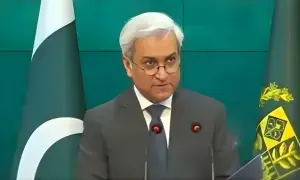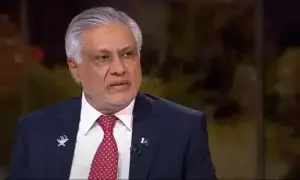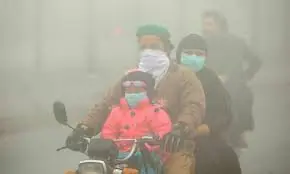Erdogan says Turkey aims to settle 1 million refugees in Syria offensive area
 Turkish President President Tayyib Erdogan attends a NATO leaders summit in Watford, Britain, December 4, 2019
Turkish President President Tayyib Erdogan attends a NATO leaders summit in Watford, Britain, December 4, 2019
ANKARA: Turkey aims to settle one million Syrian war refugees in the area of northern Syria where it carried out a military incursion in October, President Tayyib Erdogan said on Monday.
He told state broadcaster that Ankara would finance the resettlement on its own if allies did not provide support.
Turkey and its Syrian rebel allies launched the offensive against the Kurdish YPG militia, which Ankara views as a terrorist group. After seizing a strip of land inside Syria 120 km (75 miles) long and around 30 km (18 miles) wide running from the town of Ras al Ain to Tel Abyad, Turkey signed separate deals with the United States and Russia to halt its assault.
Turkey had previously said it could settle up to 2 million Syrian refugees in a 444-km (275-mile)-long “safe zone” it aimed to form in northeastern Syria, and repeatedly urged NATO allies to provide financial aid for the plans.
Turkey currently hosts more than 3.5 million refugees from neighboring Syria’s 8-1/2-year-old war. Turkish officials have not indicated when any resettlement of refugees would begin.
“The Turkish nation can carry out an exemplary step between Ras al Ain and Tel Abyad,” Erdogan said in his interview, holding up a map of the region with markings on it. “Settling one million people between Tel Abyad and Ras al Ain, that is our aim in the safe zone, that is our plan.”
Last week, Erdogan met his German, French and British counterparts on the sidelines of a NATO summit in London to hold talks on developments in Syria and his “safe zone” plan.
After the summit, Erdogan said one country, which he did not name, had pledged support for the plan but that Germany, France and Britain had not done so. He had previously said that Qatar could back it.
The European Union and Turkey’s allies in NATO have rejected its calls for financial assistance and condemned the Turkish offensive, which they said might hinder the fight against Islamic State in Syria. Turkey has dismissed the concerns.
__Reuters


















Comments are closed on this story.